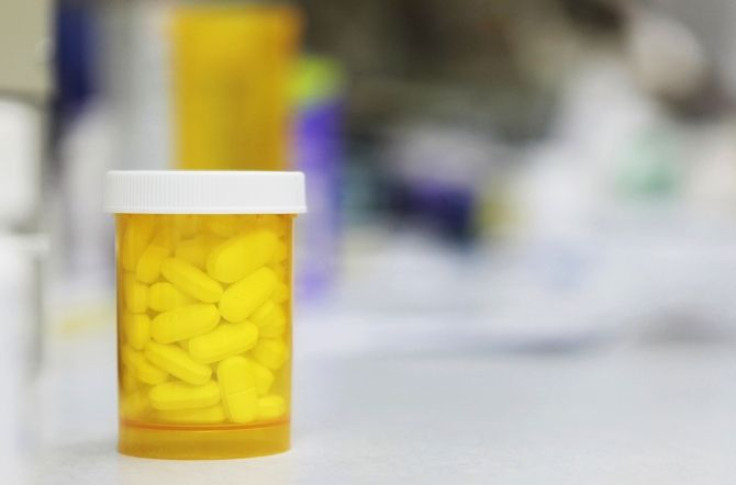What You Should Know About Off-label Drug Use

Though the term "off-label drug use" is widely used, many individuals are still unaware of what that exactly means. Off-label drug use is when one's health care provider prescribes a drug for a patient for use other than what the U.S. Food and Drug Administration has approved the drug for.
Off-label drug use is regularly seen in clinical trials that includes infants and newborns, pregnant women or psychiatrist illnesses.
For instance some antidepressants are frequently prescribed and considered as first-line treatment for neuropathic pain. Morphine, which is approved to relieve moderate to severe around-the-clock pain and has not been approved for use in children, is another frequently used off-label drug, along with inhaled bronchodilators, antimicrobials, anticonvulsants, and proton pump inhibitors.
Lead author Christopher Wittich, MD, internal medicine physician at Mayo Clinic urges health care providers and patients to become knowledgeable about off label drug use.
According to the proceedings published by Dr. Wittich among commonly used drugs, off-label drug use accounts for one in five prescriptions. Among children discharged from pediatric care, 79 percent were prescribed at least one off-label medication.
A lot of patients are unaware they are being prescribed medications for other use than what the FDA has approved the drug for. In the Food, Drug, Cosmetic Act of 1938, the FDA clearly states that it does not regulate the practice of medicine. Additionally, though your physicians may inform patients about their off-label prescriptions, without a court decision to force physicians to disclose information, physicians are not obligated to inform their patients.
Although pharmaceutical companies are not allowed to endorse off-label drug use, they are allowed to answer any questions from health care providers regarding off-label drug use.
GlaxoSmithKline was involved in one of the biggest health care fraud settlement in American history and forced to pay $3 billion in off-label drug use marketing.
To reduce your chances of being prescribed off-label medications, researchers believe patients should ask particular questions such as:
- Did the FDA approve this drug for my condition?
- If not, what research supports the off-label use of this drug in my case?
- Is there a better drug available that has been approved for my condition?
For more information about off-label drug use visit Mayo Clinic.



























